Women Writers of Wwi

Summary
In war, the voices of women often go unheard. When they are heard, they tend to be stereotypical, affectedly women as survivors, mourners, and sufferers. Literary scholar Margaret R. Higonnet decries this short-shrifting of women's contributions to war history, challenging the assumption that because women are excluded from combat (and even that assumption turns out to be false), their stories are necessarily secondary, inauthentic, or otherwise not "real." World War I, in particular, proved significant for women because, as Higonnet points out, "many women ... contributed to the war effort in the expectation that they would gain the right to vote when the war was over." Their efforts were validated; with suffrage later passing in many combatant countries, the war changed the role of women for good. In Lines of Fire , Higonnet has gathered an overwhelming collection of works written by women in the midst of that conflict, works both political and poetic, from fiction to journalism to verse. Well over 100 distinct voices have been assembled, cited, and translated, representing an enormous spectrum of a Hungarian countess recalls inspecting Russian POW camps for the Red Cross; an Italian field nurse recounts a grisly amputation; a French novelist describes prisoner prostitutes being mechanically called from their "dorm" by German soldiers ("Charlotte Z..., three chocolate bars ... Louise G..., one mark and a bar."). The contributors to Lines of Fire include some of the century's best-known women writers--Virginia Woolf, Edith Wharton, Edna St. Vincent Millay, Anna Akhmatova--and personalities such as Mata Hari and Jeanette Rankin (America's first female U.S. representative). As a scholarly anthology, Higonnet's work is weighty and worthy, but the quality that may recommend it most is its sheer accessibility. Its nearly 700 pages will pass quickly with a snippet read here and another there--short, memorable trips into the lives of remarkable women living in a remarkable time. --Paul Hughes
Similar Books
-
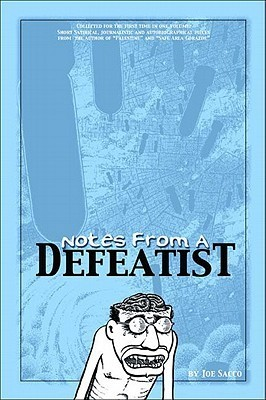 Notes From a Defeatist
Notes From a Defeatistby Joe Sacco
-
 Quiet Days in Clichy / The World of Sex
Quiet Days in Clichy / The World of Sexby Henry Miller
-
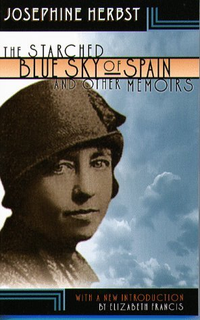 The Starched Blue Sky of Spain and Other Memoirs
The Starched Blue Sky of Spain and Other Memoirsby Josephine Herbst
-
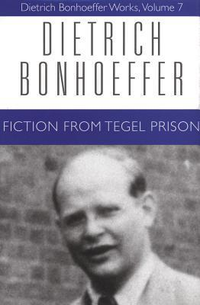 Fiction from Tegel Prison
Fiction from Tegel Prisonby Dietrich Bonhoeffer
-
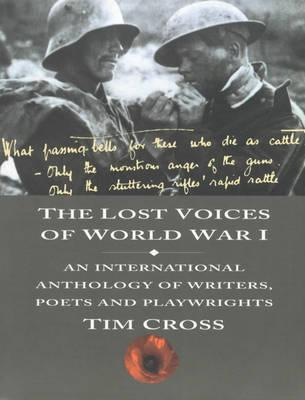
-
 Contemporary German Fiction: Hans Bender, Gerhard Köpf, Siegfried Lenz, and others
Contemporary German Fiction: Hans Bender, Gerhard Köpf, Siegfried Lenz, and othersby A. Leslie Willson
-
 The Dark and the Bright: Memoirs, 1911-1989
The Dark and the Bright: Memoirs, 1911-1989by Hilde Spiel
-
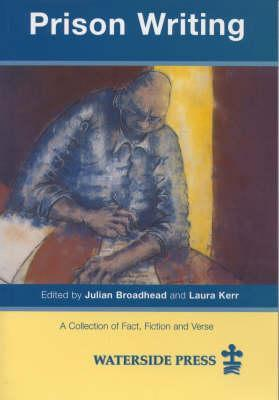 Prison Writing: A Collection of Fact, Fiction and Verse
Prison Writing: A Collection of Fact, Fiction and Verseby Julian Broadhead